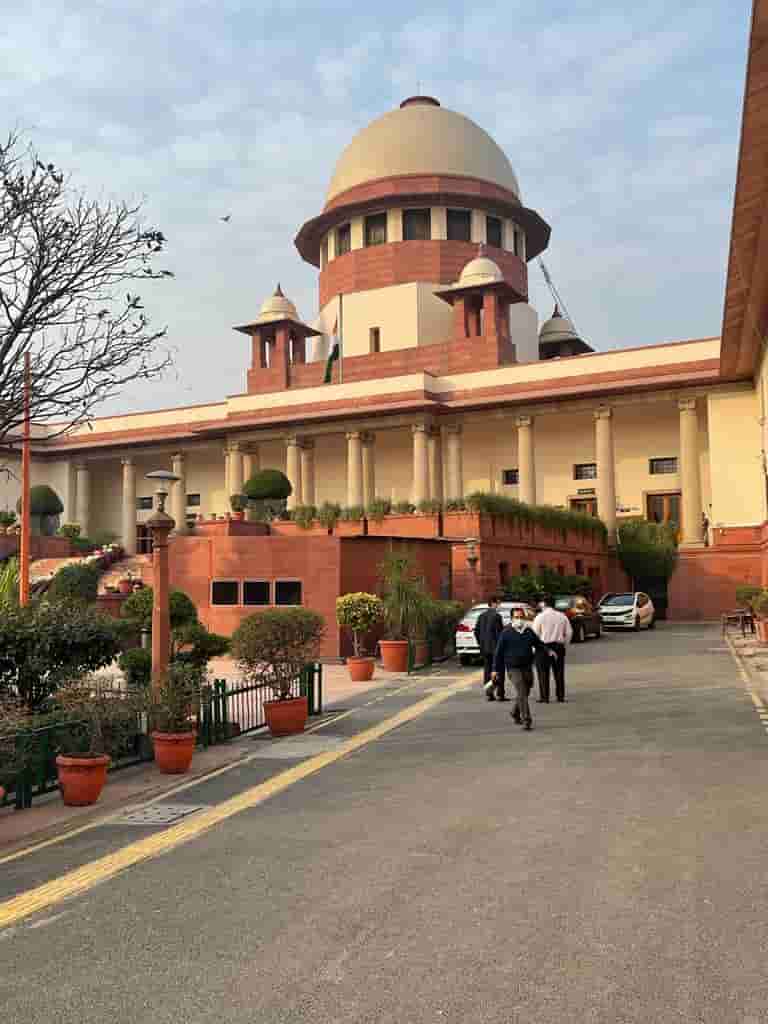The Supreme Court recently said that the statutory provisions governing the grant or non-grant of State aid to educational institutions have to be applied uniformly, regardless of whether it is a minority-run or a majority-run institution.
A division bench comprising of Justice Dinesh Maheshwari and Bela M Trivedi have said that the rights of minority institutions under Article 30 which speaks of the rights of minorities to establish and administer educational institutions under the Constitution of India are neither absolute, nor above the law.
The Court said that the right under Article 30(1) is not an absolute right above the law. It also said that the provisions for the grant or non-grant in aid to the educational institutions, whether it is majority-run institution or a minority-run institution, have to be uniformly applied.
The observations were made by the Court while ruling against the payment of grant-in-aid to a Jain-run minority secondary school in Gujarat that had kept a principal in service beyond the prescribed retirement age.
In an earlier order , the Gujarat High Court had instructed the State government for paying grants-in-aid to the institution towards the salary of this principal as well.
In the year 1999, the principal of the school had attained 58 years of age (general age for retirement).By then, the institution had sought permission from the State government to continue his service as the principal.
Later on, the State allowed the principal to continue his service, till he reaches the age of 60 , but on the condition that his salary would be paid by the institution.
When in 2001, the institute again asked for extension of service of the principal beyond the age of 60 years, it was rejected.
The institution challenged the said rejection before the High Court, which ruled in the institution’s favour.
The High Court said that State government had violated Article 30 of the Constitution in stopping the grant-in-aid.
The High Court in its ruling said that the school management had the right to continue the service of the principal beyond 60 years. It also added that the State was obliged to pay the grant-in-aid towards his salary.
The High Court had thus directed the State government for calculate the amounts payable as arrears of grants and to pay the institution such arrears within a period of 3 months.
The State government then challenged this ruling before the Supreme Court.
The Supreme Court after hearing the matter said that the Grant-in-Aid Code for Secondary Schools, 1964 is applicable to the minority school.
It further said that the Court does not allow the extension of the tenure of the principal beyond the age of 58 years normally, or beyond 60 years of age, in any case.
The Court also ruled that if this condition is breached, the minority institution cannot then continue claim grants in aid from the State.
The judgement said that if an employee or a teacher is continued in service by the management of any registered minority Secondary School receiving Grant-in-Aid from the State-Government, then such school would not be entitled to receive any grant in respect of the expenditure incurred for continuing such employee or teacher beyond the age of 58 or 60 years, as the case may be.
The Court said that by any stretch of imagination ,the State government had not interfered with the affairs of the minority institution or violated Article 30(1) of the Constitution by stopping the grant-in-aid, in this case.
The Supreme Court allowed the appeal of the State government and set aside the High Court judgment.
The Supreme Court concluded by saying that the respondent-institution (school) was bound by the provisions contained in the Grant-in-Aid Code.
It also added that there was nothing on record to show that the appellant-State had discriminated against the respondent institution on the ground that it was under the management of a minority, attracting Article 30(2) of the Constitution of India.


